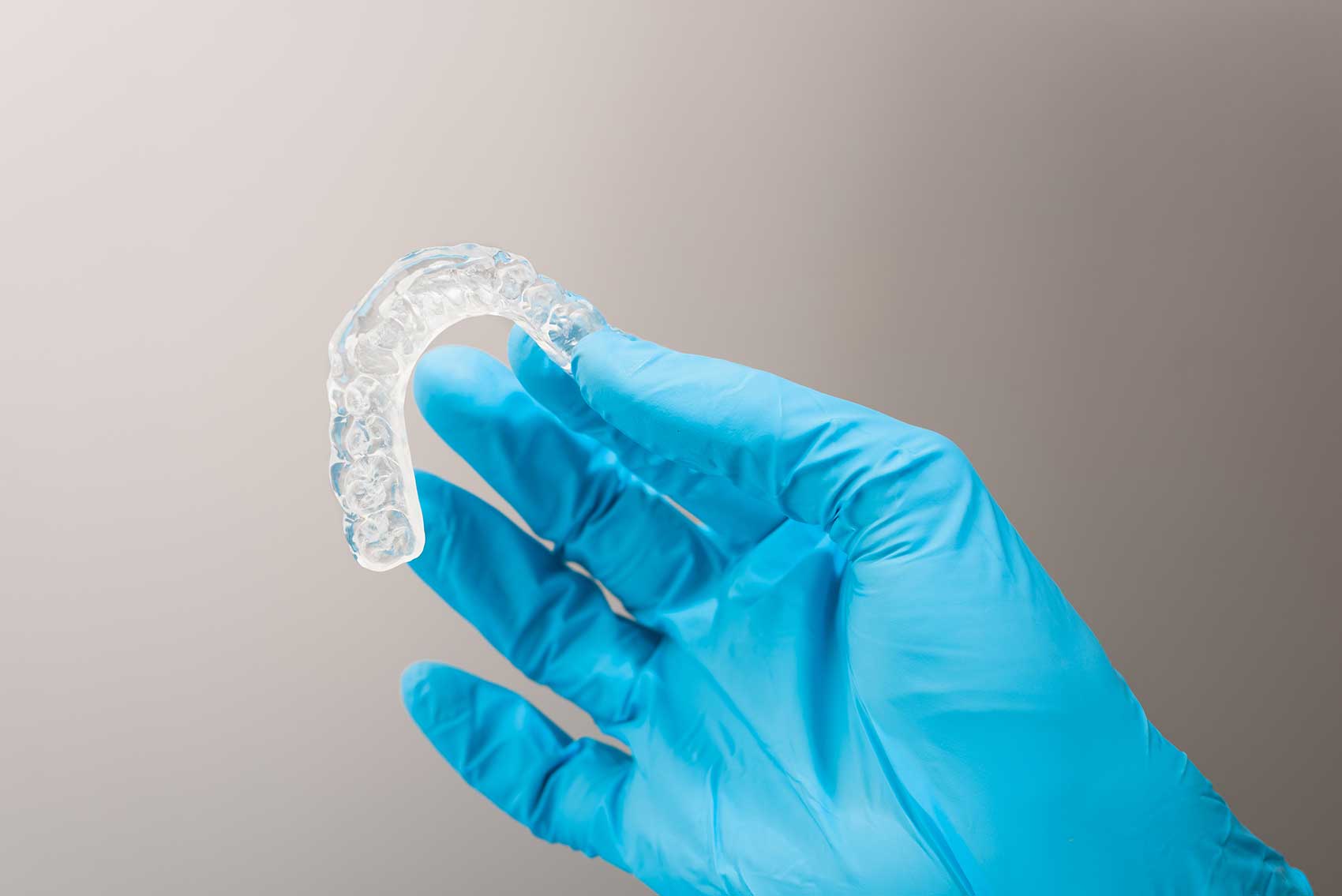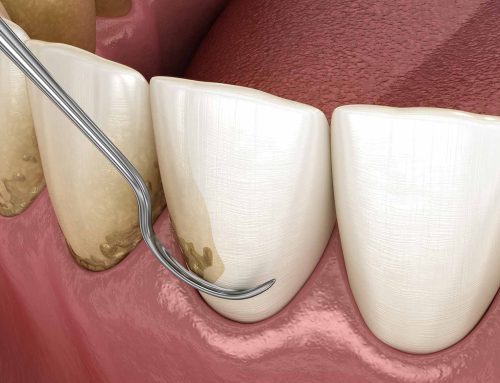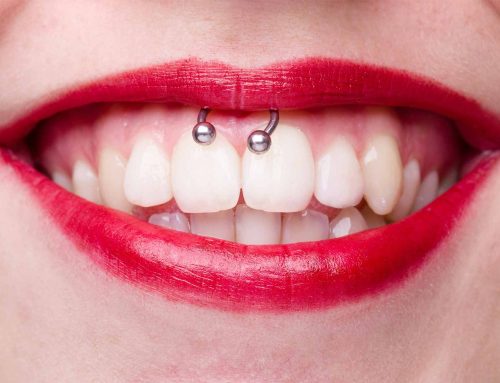Dentists use occlusal splints, also called “mouth guards,” “night guards” or “bite guards,” in the treatment of bruxism (involuntary teeth grinding). Users wear these appliances on their upper or lower teeth to protect them as they sleep. While an occlusal splint is typically associated with bruxism, it offers numerous other oral health benefits.
Occlusal splints: essential in the fight against teeth grinding
Bruxism is a parafunctional habit, a term that designates a form of persistent activity that jeopardizes the proper functioning of the buccolinguofacial structures.
Besides wearing down the teeth prematurely, bruxism can cause a multitude of other symptoms, including headaches, joint pain, popping and crackling sounds, muscle tension, plugged ears and even difficulty opening the mouth. Therefore, the use of an occlusal splint is particularly beneficial to those who grind their teeth.
In what other cases are occlusal splints recommendable?
In addition to aiding in the management of bruxism, mouth guards have other uses. Here are a couple of examples:
Protecting the teeth
Wearing an occlusal splint or mouth guard is recommendable for athletes who engage in contact sports, such as boxing, hockey, football and soccer. It not only helps them protect their teeth and gums from impacts but also increases endurance and strength as a result of the increased opening of the respiratory tract (thanks to the jaw position the appliance induces).
Treating temporomandibular joint (TMJ) problems
Dentists may advise patients suffering from TMJ disorders to wear a mouth guard to promote better jaw alignment and alleviate the pain associated with the condition. Even those who don’t have TMJ syndrome but suffer from frequent jaw pain or headaches can benefit from wearing a mouth guard.
How much should you expect to pay for an occlusal splint?
The cost of an occlusal splint may vary depending on several different factors, including the complexity of the appliance, the type of material used and the dental clinic that produces it. In general, the cost of an occlusal splint will range from $550 to $1,000. However, most dental insurance will cover all or part of the fabrication costs.
Is it possible to purchase an occlusal splint at a pharmacy?
Some pharmacies sell ready-to-wear bite guards or similar appliances aimed at diminishing the symptoms associated with bruxism or TMJ dysfunction. Although these products are suitable for use in some cases, they’ll never be as effective as a custom-made occlusal splint from a dentist or prosthetist. In fact, an ill-fitting occlusal splint could even aggravate the problem in some cases.
Do occlusal splints produce any side effects?
Wearing a night guard can trigger side effects in certain patients. Symptoms may include tooth sensitivity, difficulty breathing, temporary muscle discomfort, excessive salivation and even jaw pain, although the latter is rare and occurs mostly in the case of an occlusal splint that doesn’t fit properly.
Improve your dental health today
If you believe that you need an occlusal splint, it’s important to consult your dentist. He or she can give you a precise diagnosis and design a fully customized, high-quality appliance. You can count on the experienced team at Clinique Dentaire Charles Trottier to protect your teeth and help you enjoy optimal quality of life!





